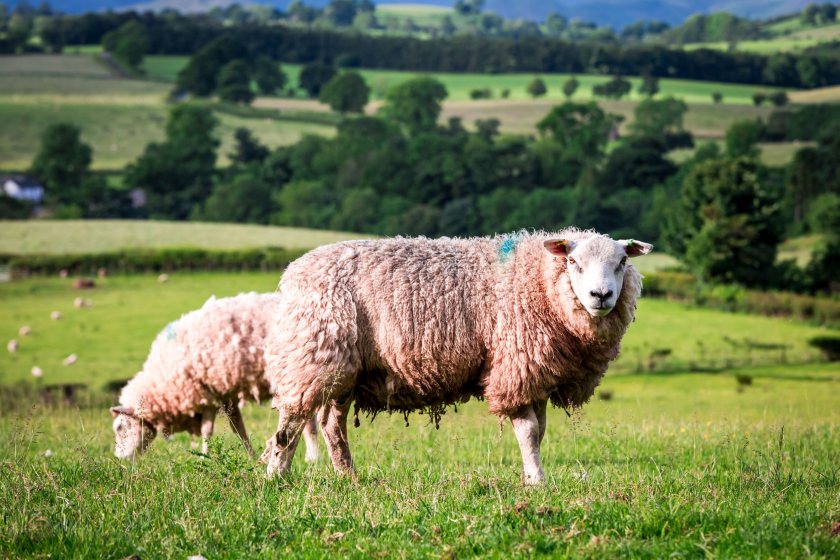
Sheep farmers across parts of the UK are being urged to step up monitoring of parasite burdens and lamb performance following recent rainfall, which may significantly heighten the risk of worm challenges on pasture.
The Sustainable Control of Parasites in Sheep (SCOPS) group is encouraging producers to combine faecal egg counts (FECs) with close observation of lamb condition in response to a potentially dangerous shift in pasture conditions.
Nerys Wright, technical adviser for SCOPS, warns that the recent showers, following a prolonged dry spell, have created ideal circumstances for parasite activity.
“Rainfall creates ideal conditions for worm larvae to survive and migrate up the grass stem, increasing the risk of ingestion by grazing lambs,” she says.
“We’re encouraging farmers to carry out regular faecal egg counts (FECs) to monitor parasite burden and make informed treatment decisions.”
However, she cautions that FECs alone may not provide the full picture. “After a prolonged dry spell, large numbers of immature worms may be present and cause clinical disease before a high FEC is detected.
“This makes visual assessment and consideration of nutritional status equally important in decision-making.”
Earlier dry conditions also limited grass growth on many farms, potentially leaving lambs nutritionally compromised at a critical stage of their development.
“A lamb’s immune system is closely linked to its nutritional status,” adds Ms Wright. “Lambs under nutritional stress are less able to withstand a parasite challenge.”
Rebecca Mearns, parasitology vet lead at the Animal and Plant Health Agency (APHA), supports the call for a measured, evidence-based approach.
She notes that while some areas are now seeing high egg counts, others remain low—reinforcing the importance of testing rather than assuming parasites are to blame for underperformance.
“It’s essential to consider other factors like grass quality and availability. Not all poor performance is due to worms, and blanket treatments can do more harm than good in the long term.”
SCOPS is also reminding English farmers to take advantage of the Worming Treatment Check (WTC), a Defra-funded scheme available through the Animal Health and Welfare Pathway Review.
A similar initiative is available in Scotland to support sustainable farming practices, though no equivalent programme is currently in place in Wales.
To access funded testing, a sufficiently high FEC must be confirmed to justify treatment.
“The key message remains: check your FECs before undertaking the WTC to ensure the timing is right and the results are meaningful,” Ms Mearns says.
SCOPS continues to promote a strategic approach to worm control that combines FECs, monitoring of weight gain, planned grazing rotations, and the practice of leaving a proportion of lambs untreated to preserve refugia and slow the development of anthelmintic resistance.
